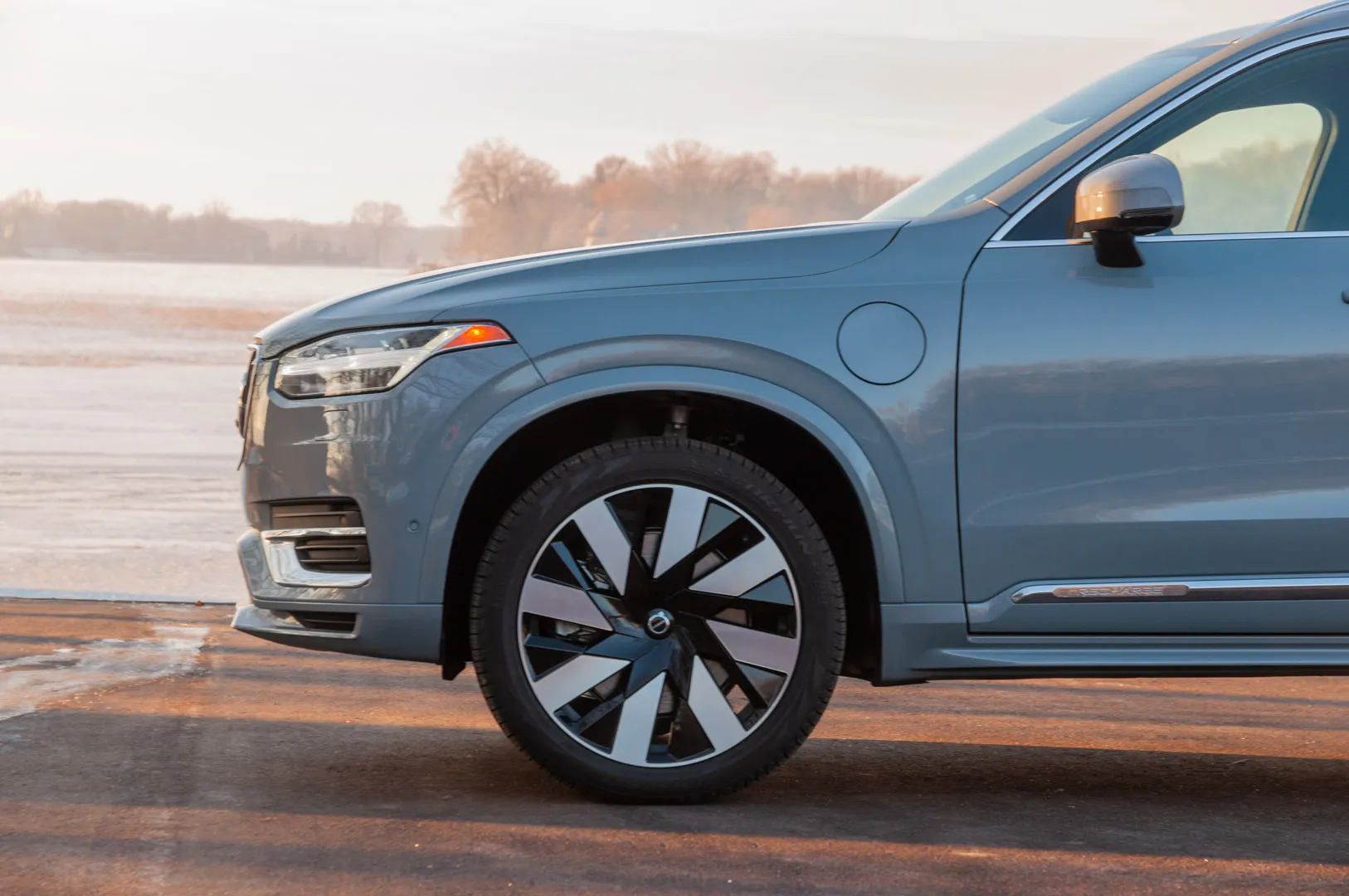Which automakers are considering a partnership that could span EVs, hybrids, and software?
Which automaker said it’s aiming for its future EV batteries to last longer?
This is our look back at the Week In Reverse—right here at Green Car Reports—for the week ending March 15, 2024.
In a review of the 2024 Volvo XC90 Recharge, GCR found that this already appealing Swedish SUV package adds more electric range, more power, and more refinement, making it now a nearly ideal pick for families who aren’t always sure about where they’ll be plugging in on the go.
2025 Polestar 3
The 2025 Polestar 3 will start at $74,800 when it arrives to the U.S. in the second quarter of 2024, Polestar confirmed earlier this week. That’s considerably lower than what this model had been slated to cost, and it matches it up more competitively versus the Volvo EX90, BMW iX, and Audi Q8 E-Tron.
With the recent addition of the Volkswagen ID.4 to the list, we revisited and updated our roundup of which 2024 EVs qualify for the $7,500 EV tax credit. It’s still not a long list compared to last year, due to much stricter rules for battery components and critical minerals, but it’s growing.
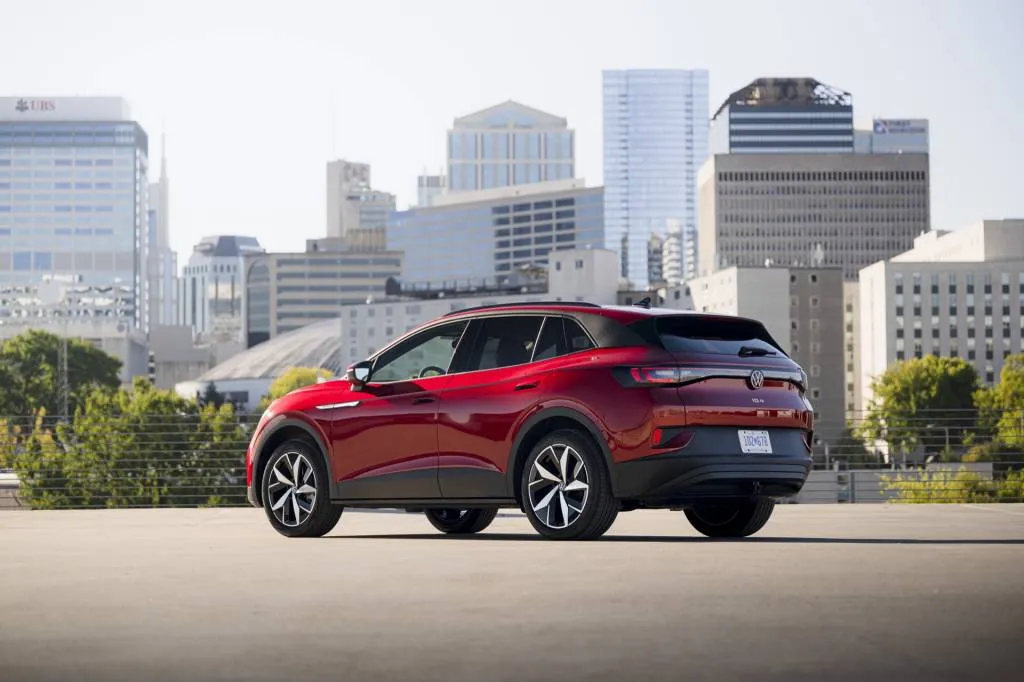
2024 Volkswagen ID.4
Honda and Nissan are studying a partnership that could apply to EVs, hybrids, and software. While the language remains tentative, such a solution might help both automakers with EV affordability.
According to a study released last week from Consumer Reports, Many retailers aren’t doing much to support EV charging. Big-box retailers, with their big parking lots, could especially be doing more, CR says, while it notes that discount “dollar” stores have done effectively nothing to support EVs.
In a lifetime carbon analysis released Thursday, Volvo reported that the LFP version not offered in the U.S. is the greener pick of the EX30 lineup. Looking at the pack alone, the battery in the NMC version offered to America has nearly double the carbon impact while offering 35% more capacity.
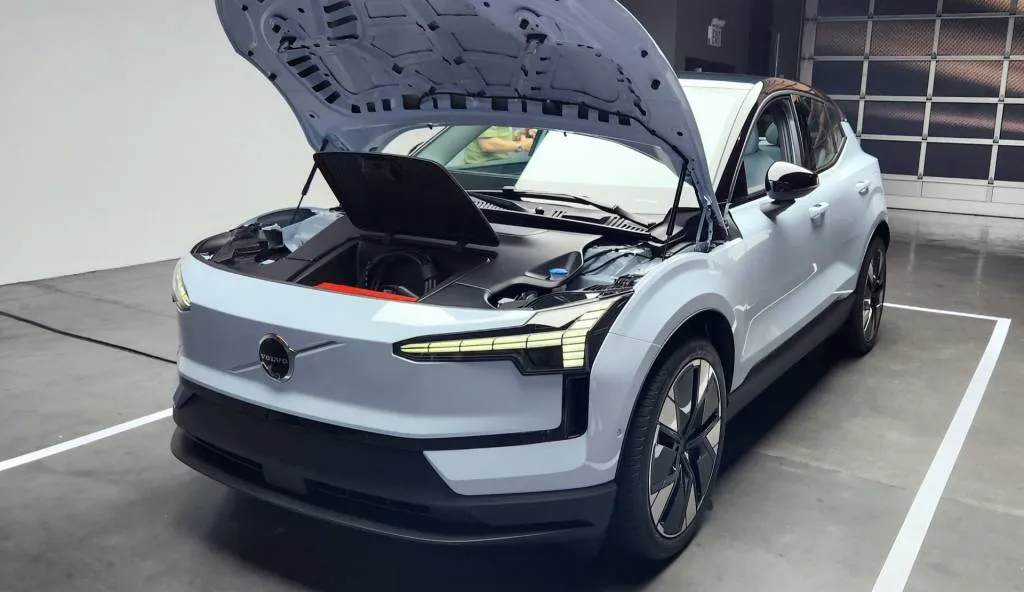
2025 Volvo EX30
China’s Nio and CATL have allied for longer-life EV batteries, as well as the used of Nio’s battery-swapping tech. It stems partly from concern from Nio that batteries last as long as vehicles—although it reports that packs used in its battery-swapping are lasting a dozen years or more.
An electric charge—and magnets—could help curb brake-dust emissions in heavier vehicles including trucks and EVs where the emissions have become a concern.
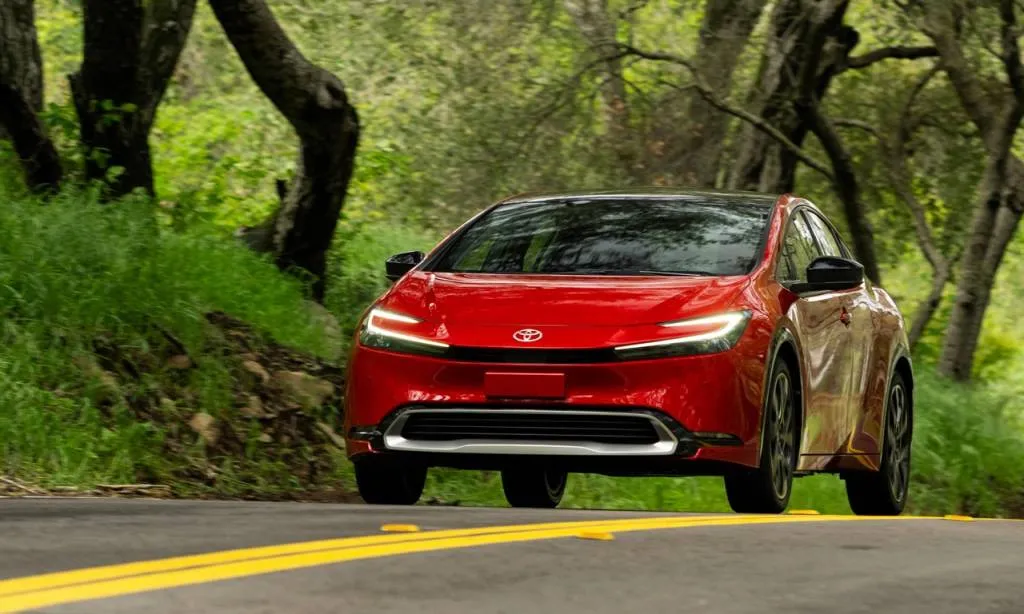
2024 Toyota Prius
More than a third of Toyota Prius owners get another one, found the used-car retail giant in a data pull looking at data for all of 2023. The Prius emerged on top as the nameplate with the highest level of loyalty. It’s even more of a standout considering that by type of vehicle, shoppers have the most allegiance to four-door SUVs come trade-in time.
A series of Biden administration federal agencies sketched out plans this week for major zero-emission freight trucking corridors. In a first phase for 2024-2027, charging and hydrogen dispensing hubs will be established, serving as logistical points, then in the second phase from 2027-2030 some of these hubs will be connected with each other. Two more phases are intended after that, as the U.S. targets 100% zero-emission for such vehicles by 2040.
Volvo announced a charging partnership with Breathe Battery Technologies, so as to access its software-based algorithms for optimizing EV charge rates. It sees the potential to make road-trip fast-charges 30% quicker with the tech, without changing the battery pack or charging hardware.
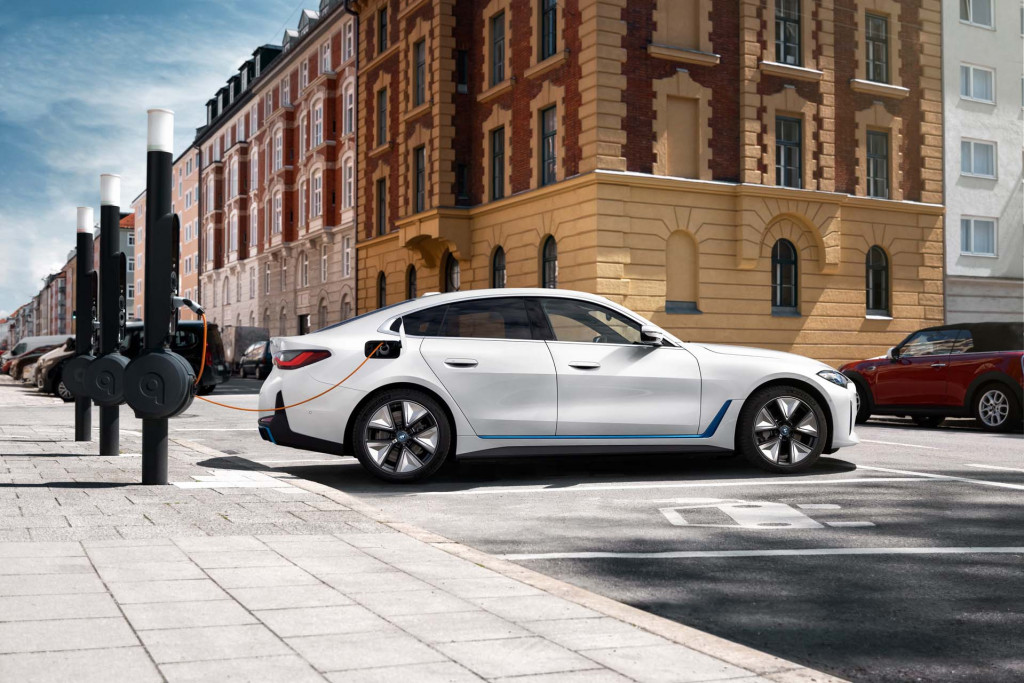
2022 BMW i4 eDrive40
BMW is adding Shell Recharge Solutions public chargers, adding access to more than 100,000 charge points through its My BMW app, which now aggregates a total of five different charging networks without needing separate accounts or apps. It also plans to add Tesla Supercharger access in 2025 and is one of the partners in the Ionna network starting to take form.
On the other hand, a New York Times report exposed how some automakers are making money off selling driving data gathered by apps purported to help make drivers safer and more efficient. Instead they’re reporting drivers to a central database that’s driving up EV insurance rates without much context or justification as to why.
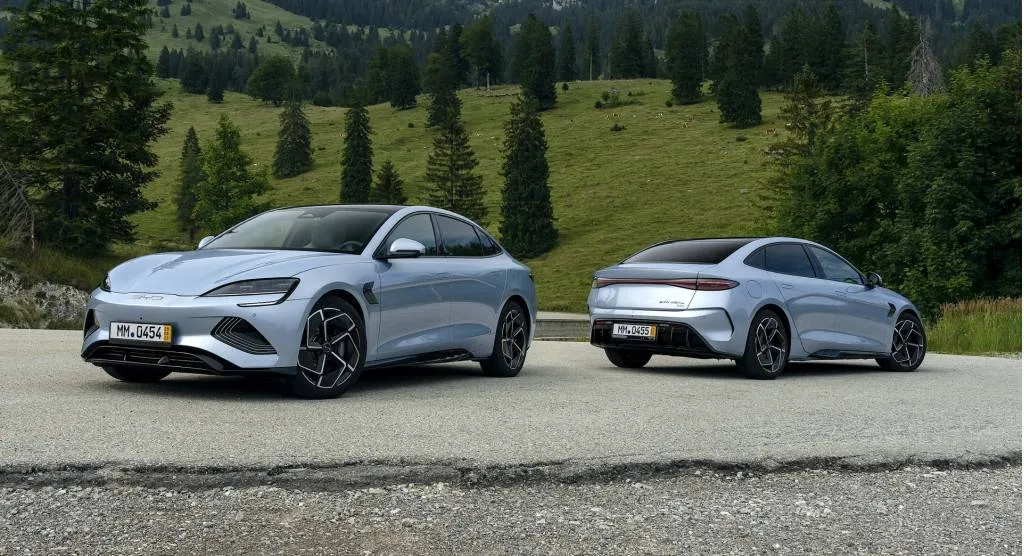
BYD Seal
Will a U.S. tariff hike on Chinese EVs keep them out? With bipartisan pressure to dissuade Chinese automakers from selling their products in the U.S., and keep them from potentially making their U.S.-bound EVs in Mexico, it may be time to take action—if Congress can come to an agreement on how exactly to do it.
And over the weekend we took a closer look at how Rivian designed its R2 electric SUV as well as the surprise R3 compact EV family together, and looked at how these small EVs might fit in. Could the R3 and R3X revive a stagnant small-car market?
_______________________________________
Follow Green Car Reports on Facebook and Twitter
Read the full article here



